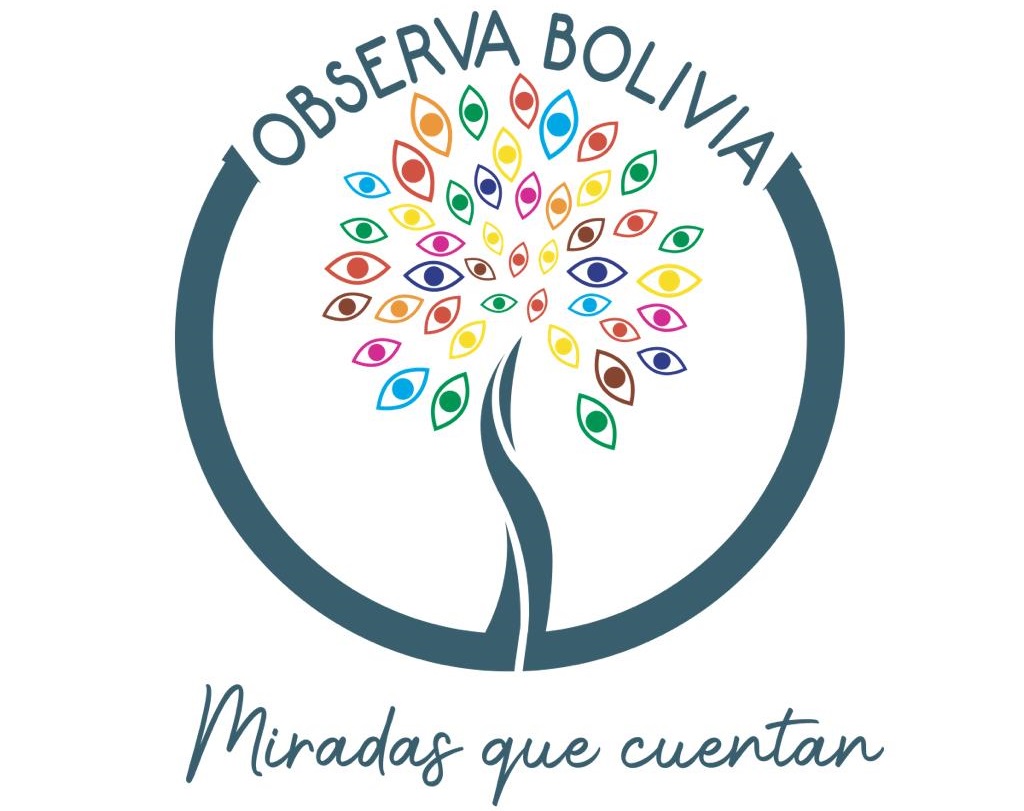 The electoral management body of Bolivia is the Plurinational Electoral Organ (Órgano Electoral Plurinacional, OEP), comprised of the Supreme Electoral Tribunal (Tribunal Supremo Electoral, TSE) and nine Departmental Electoral Tribunals (Tribunales Electorales Departamentales, TEDs). Under the law, the OEP is a public power with an equal constitutional hierarchy to the legislative, executive, and judiciary powers.
The electoral management body of Bolivia is the Plurinational Electoral Organ (Órgano Electoral Plurinacional, OEP), comprised of the Supreme Electoral Tribunal (Tribunal Supremo Electoral, TSE) and nine Departmental Electoral Tribunals (Tribunales Electorales Departamentales, TEDs). Under the law, the OEP is a public power with an equal constitutional hierarchy to the legislative, executive, and judiciary powers.

The OEP employs approximately 1000 staff (at national and departmental levels). Many of them are well-qualified and have significant experience. However, many ´administrative´ issues are submitted for the approval of TSE´s Plenary, with the risk of substantial operative delays. No director or chief electoral officer heads the administrative and operative framework unlike other electoral bodies. Therefore, many minor administrative decisions are submitted to the TSE plenary, creating a backlog that affects OEP's operational effectiveness.
Other key actors include:
- Political entities (under Law 1096, they include three categories: political parties, citizens´ groups and organisations representing Indigenous nations and peoples)
 Civil society groups (Construir, Observa Bolivia, Fundación ARU, DW Academy, Cordinadora de la Mujer, Bolivia Verificada/ Checkea Bolivia, women such as ACOBOL (Association of Women Municipal Members and Women Majors of Bolivia), rural population, ethnic minority groups, PWD), professional associations.
Civil society groups (Construir, Observa Bolivia, Fundación ARU, DW Academy, Cordinadora de la Mujer, Bolivia Verificada/ Checkea Bolivia, women such as ACOBOL (Association of Women Municipal Members and Women Majors of Bolivia), rural population, ethnic minority groups, PWD), professional associations.- Media professionals with particular focus on those practising political analysis and election coverage (professional associations such as the National Association of Press, which recently became a member of the Interamerican Association of Press, SIP located in Miami, Association of La Paz Journalists (APLP), media outlets both traditional and social media). Community radios
- Plurinational Legislative Assembly, in particular the Commission for Constitution, Legislation and Electoral Systems Commission and the Commission for Human Rights
- Academia (university professors -journalism, communication, law- from national and international institutions).
- Traditional leaders
- Human rights advocates (issues related to PWD, Women)
- Security Forces
- Other government agencies (i.e. Ministry of Education, National Institute of Statistics)
- United Nations and, if still active, the steering group of the “Reencuentro” process in support of the Vice-president’s efforts to conduct National Dialogue

